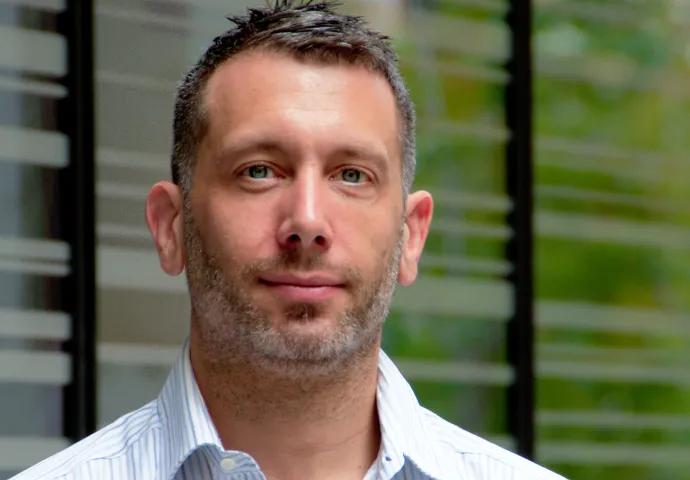Real-world use cases

Delivering quantum advantage to airborne systems
Q-CTRL’s Ironstone Opal delivers GPS-free quantum navigation, achieving 94X better performance than INS in real-world flight and ground vehicle trials.
94X
improvement over the performance of a strategic-grade inertial navigation system in real flight tests
We achieved an accuracy in some trials comparable to a sharpshooter hitting a bullseye from 1,000 yards away. But because our quantum-assured navigation system allows a vehicle to position itself accurately irrespective of how far it’s travelled, by analogy that sharpshooter can hit the same bullseye no matter how far away they move from the target.


Developing a quantum-assured navigation solution
Partnering with Advanced Navigation to develop a hybrid approach to quantum navigation enabling high positioning accuracy over very long periods of GPS denial.
>180X
Navigational stability improvement.
Autonomous quantum sensors in space exploration will be invaluable in leveraging extraterrestrial resources for permanent human bases on the Moon and Mars.













